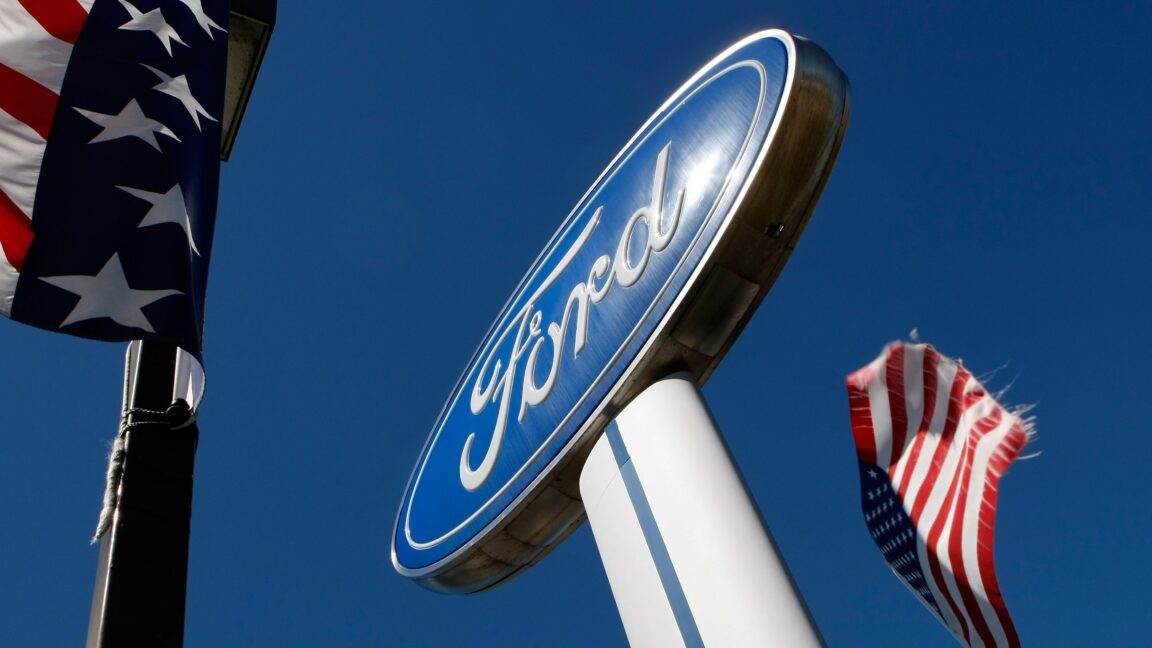
Credit: Justin Sullivan/Getty Images
Price rises are coming to some Mexican-made Ford vehicles this summer as a result of President Trump's decision to launch an international trade war. According to Reuters, which saw a memo that Ford sent to dealers, the price increase will affect the Mustang Mach-E electric crossover, the Bronco Sport crossover, and the Maverick pickup truck, which cost as much as an extra $2,000.
The Trump auto tariffs went into effect at the beginning of April, adding a 25 percent charge to any imported vehicle. When challenged on the fact that this would cause significant price rises for US consumers, Trump told NBC that he "couldn't care less if they raise prices." And now that's happening.
Ford told Ars that the price increases are part of its "usual mid-year pricing actions combined with tariffs we are facing" and that the price bumps do not cover the full costs of the tariff. Additionally, the move only affects vehicles that have been imported since May 2, which should only appear in dealerships in late June—any cars already in inventory are not subject to the price rise.
Ford also told Ars that it will continue to offer employee pricing to all its customers until at least July 4, even on vehicles made after May 2.
Ford published its Q1 2025 financial results earlier this week, reporting a net income of $471 million, a $900 million decrease compared to Q1 2024. In its statement to investors, the company said that it estimates that the Trump tariff will cost it as much as $1.5 billion in 2025.
Still, the price increases will be felt keenly, particularly for hybrid Maverick customers. When Ford facelifted the hybrid pickup truck last year, it also added several thousand more dollars to the MSRP; now that's going up yet again.
Meanwhile, a separate 25 percent tariff on imported car parts went into effect last week. While there is a small break for OEMs to apply for up to 3.75 percent reimbursements, the parts tariff will affect all OEMs building cars in the US, all of which depend to greater or lesser degrees on suppliers in Mexico and Canada. On top of the persistent 25 percent price increase that almost all cars have experienced since 2020, it seems it's becoming an even more horrible time to have to buy a new vehicle.

-
 C114 Communication Network
C114 Communication Network -
 Communication Home
Communication Home


